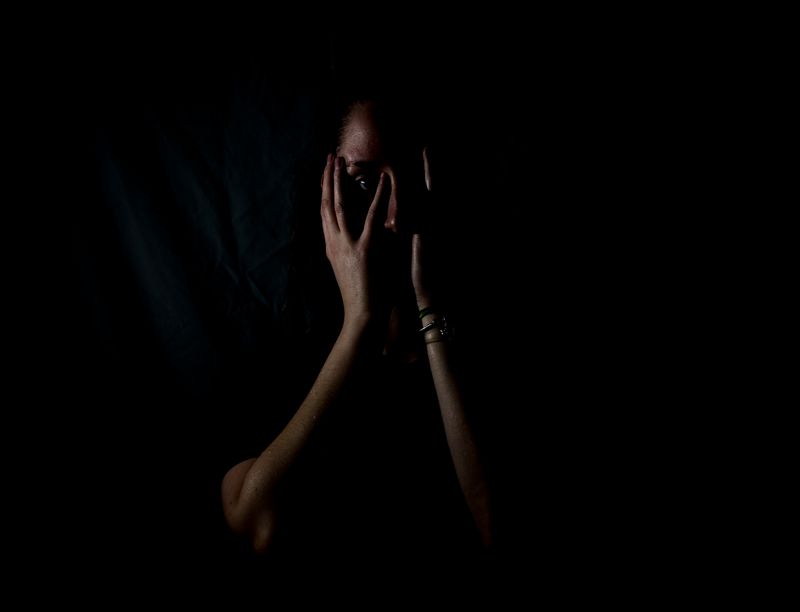 Photo by Melanie Wasser on Unsplash
Photo by Melanie Wasser on UnsplashHave you or someone you know:
experienced a natural disaster?
survived war or combat?
witnessed an accident?
witnessed or experienced an act of violence?
People who experience these events might be more susceptible to post-traumatic stress disorder (PTSD). Knowing the signs and symptoms of PTSD is the first step to seeking help.
What Is Post-traumatic Stress Disorder?
Post-traumatic stress disorder (PTSD) is a psychiatric disorder that may occur in people who have experienced or witnessed a traumatic event.
— American Psychiatric Association
Many associate the disorder with war veterans, but it can affect anyone:
Around 9 million people in the US (3.6% of the population) currently have a PTSD diagnosis.
Women are twice as likely as men to be diagnosed with PTSD.
Latinos, African America,s and Indigenous Americans are more likely than white people to be diagnosed with PTSD.
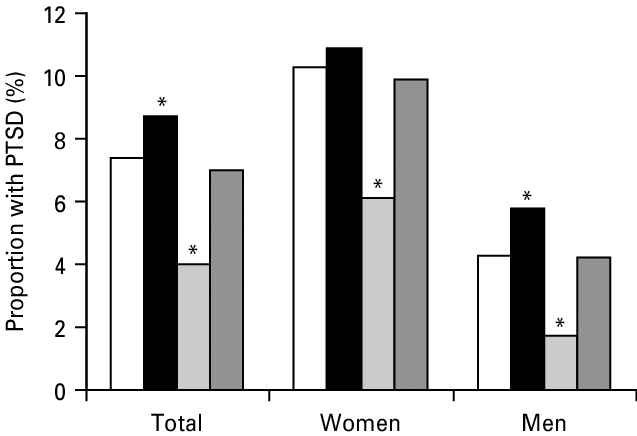
Symptoms Of Post-traumatic Stress Disorder
You must consult a professional for a diagnosis of PTSD, but you can learn the symptoms. Symptoms can begin as late as three months after the traumatic event, and must last for more than a month to be diagnosed with PTSD.
PTSD symptoms can appear in different ways:
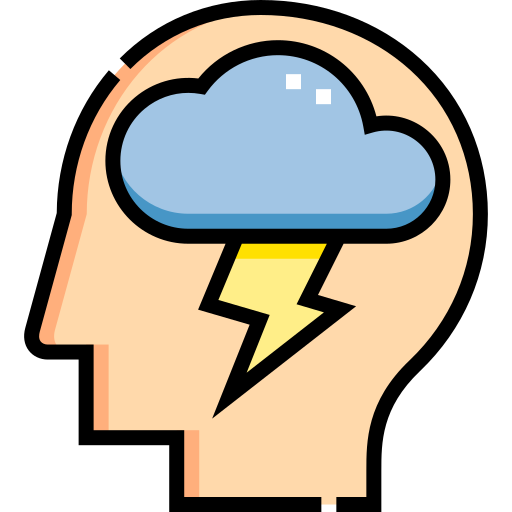
Reliving the Event
This can include bad dreams, memories the person can't shake, and flashbacks to the event.
Thoughts of the event keep occurring no matter how hard someone tries to stop them.

Avoidance
The person might stay away from places, objects, or people that remind them of event.
Being reminded of the event can cause them to be overwhelmed by symptoms of PTSD.

Cognition and Mood
The person might not be able to remember the event clearly.
They might also feel depressed or "numb" about the event, or blame themselves for it happening.
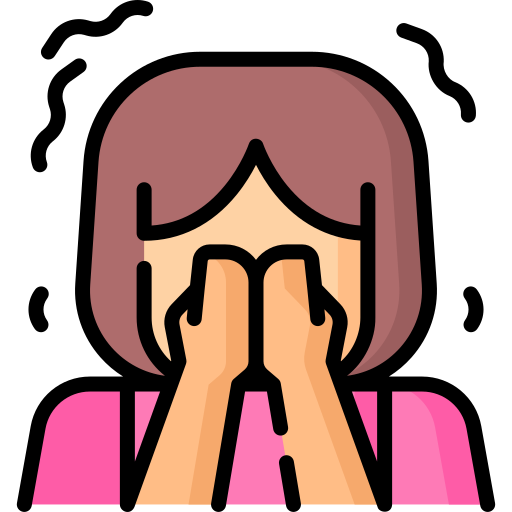
Hyper-arousal
The person might feel "on edge" or hyper-vigilant.
They might be easily startled, show outward signs of anger, or have difficulty sleeping.
Who Might Be Experiencing PTSD?
 Photo by Muhammad Ruqi Yaddin on Unsplash
Photo by Muhammad Ruqi Yaddin on UnsplashIt’s been almost a year, but Fatema is still having difficulty sleeping after witnessing the news footage of an African American being abused by police. She now avoids the news.
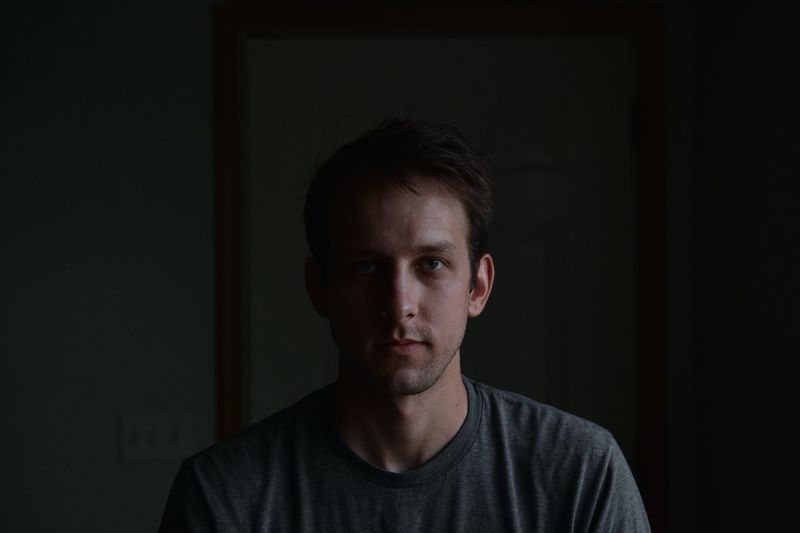 Photo by Joel Wyncott on Unsplash
Photo by Joel Wyncott on UnsplashDennis escaped his house fire unharmed, but he lost all his belongings. It’s been a month, but he keeps having bad dreams of the event. He feels numb and thinks he may be depressed.
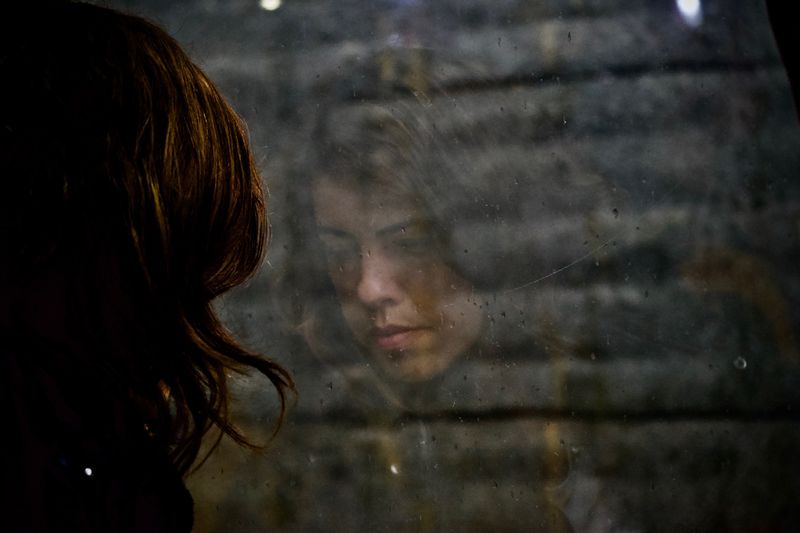 Photo by Tiago Bandeira on Unsplash
Photo by Tiago Bandeira on UnsplashThree months after a near-fatal car accident, Jennifer refuses to drive and takes the city bus to run errands. Once when a car backfired, she froze in place, terrified. She has flashbacks of the accident.
Quiz
Which of the following people might be experiencing PTSD?
Subscribe for more quick bites of learning delivered to your inbox.
Unsubscribe anytime. No spam. 🙂
Take Action
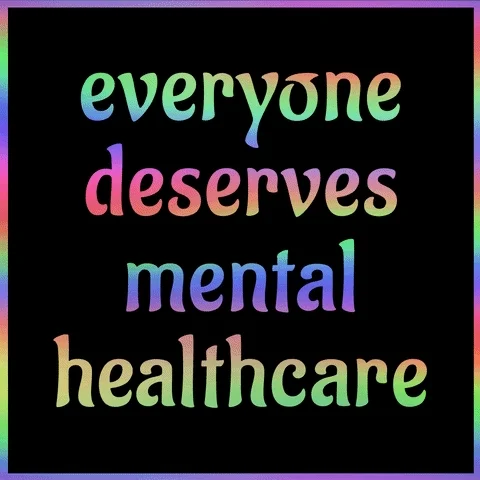
If you or a loved one has experienced any of the following symptoms for more than a month, please see a medical professional. You or your loved one may have PTSD.
Your feedback matters to us.
This Byte helped me better understand the topic.
